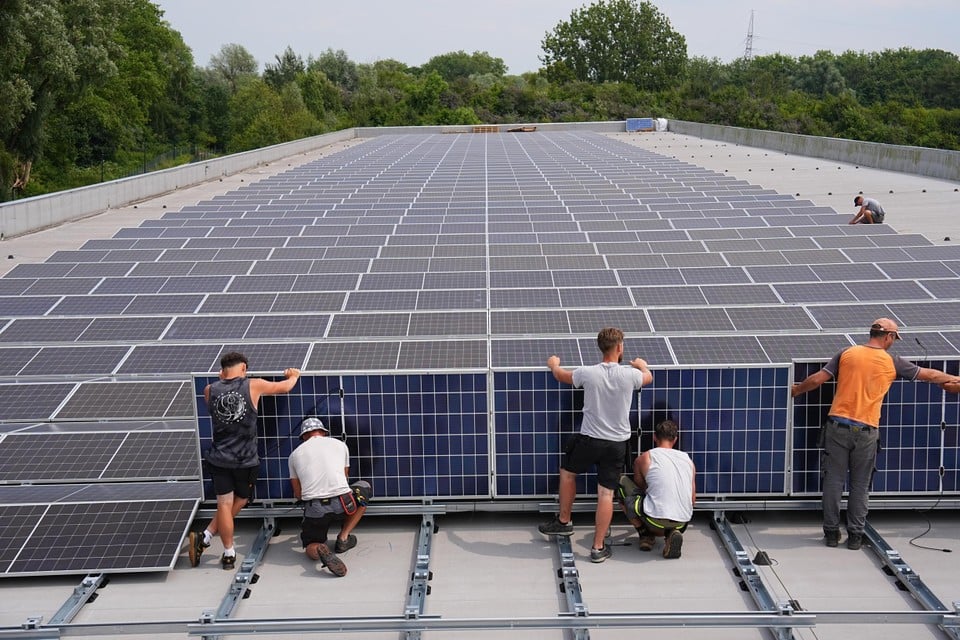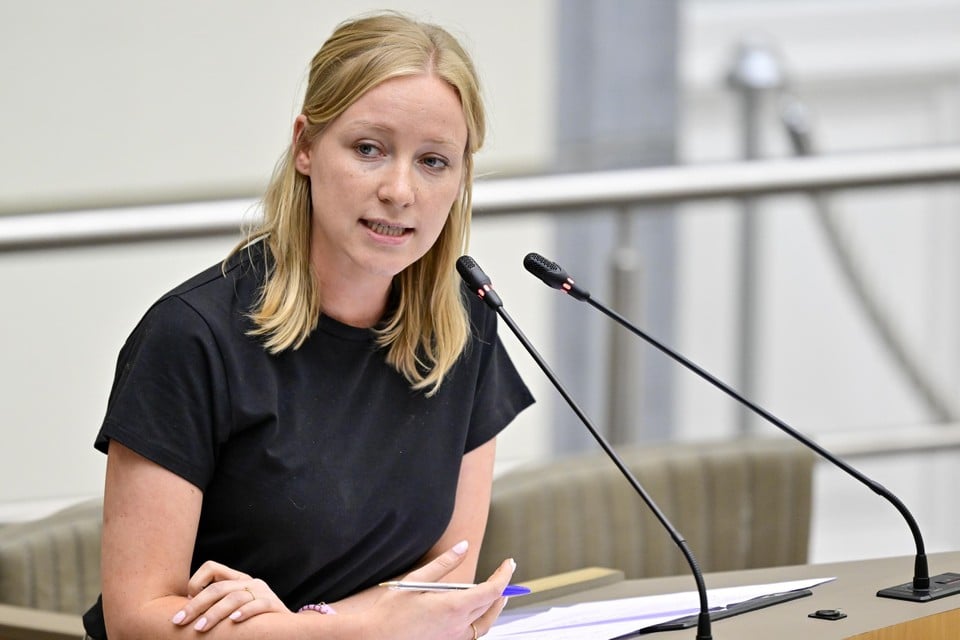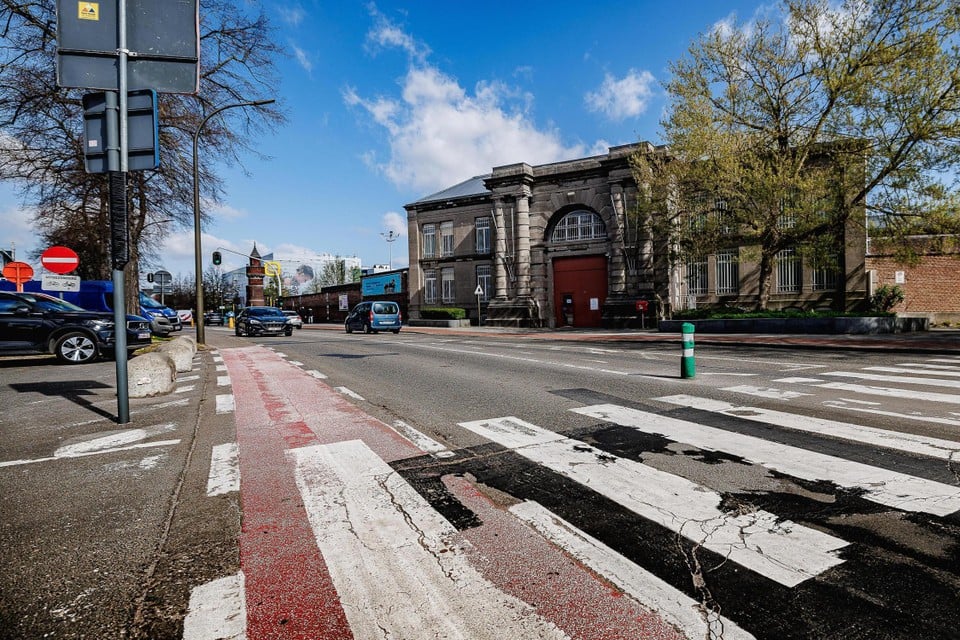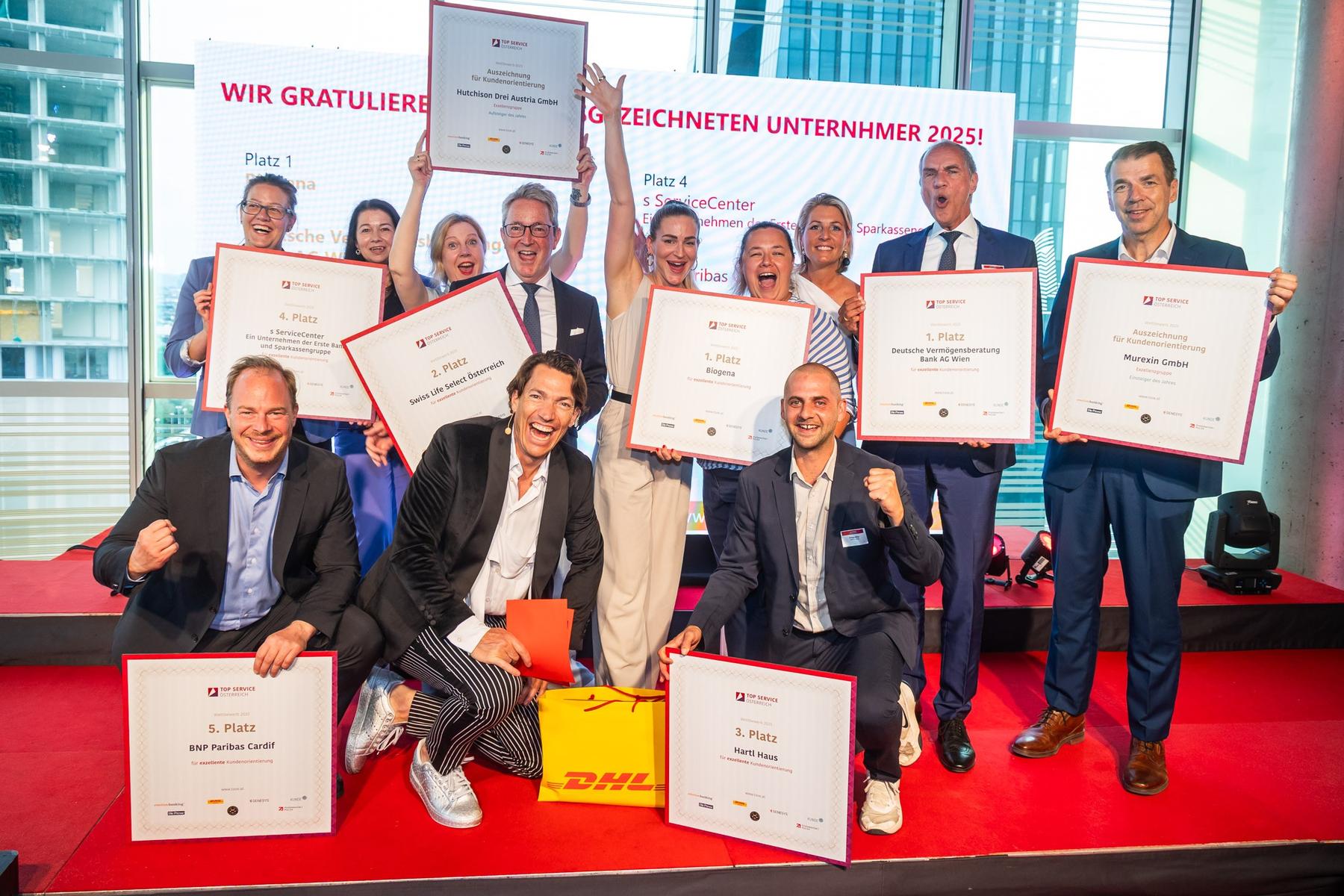Do families in particular receive the invoice with too much solar energy? Energy minister Depraetere opens research
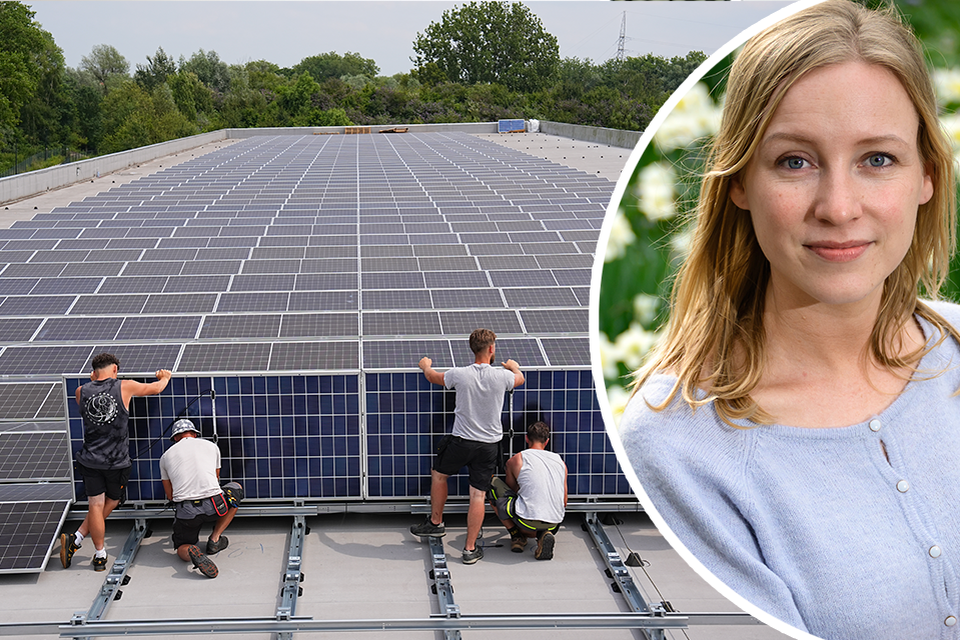
Can large solar panel parks first put their electricity on the grid, and then families? Energy minister Melissa Depraetere (Vooruit) now that investigating families with solar panels is increasingly confronted with negative injection rates.
On sunny days, the many solar panels in our country often produce more energy than is used at that time. Certainly at the weekend. This power surplus increasingly causes negative wholesale prices, where energy suppliers have to pay substantially to get rid of that surplus electricity. And it also causes imbalance invoices, because energy suppliers are in danger of bringing the electricity grid out of balance due to the many solar power. The high -voltage network manager must then intervene.
© FVV
More and more suppliers are starting to pass on all those costs to customers with solar panels, in the form of negative injection rates. Anyone who still injects solar power unused on the network on sunny days – when there is a surplus – must then pay a small fee. What causes a lot of people with solar panels.
Priority for companies
Competent Minister Melissa Depraetere (Vooruit) does not intend to prohibit such negative injection rates, she said in the Flemish Parliament. « Such a ban can lead to energy suppliers increasing the rates for all their customers, including people without solar panels, » said Depraetere. She does announce an investigation to find out whether there is no unfair competition around those negative injection rates. « Large solar panel parks from companies, for example, get priority when injecting energy, » said its cabinet. As a result, it is mainly families who have to pay with negative injection rates, after the large companies first sent the net strongly towards a surplus with their surplus solar power.
« A ban on negative injection rates can lead to energy suppliers increasing the rates for all their customers »
Melissa Depraeter
Flemish Minister for Energy
Experts will also study the situation in the countries surrounding us. How many hours with negative prices come there? How do our neighboring countries try to minimize hours of hours? The intention is to limit the number of hours with negative injection rates for families to the absolute minimum.
Minister Melissa Depraetere. – © Belga
Energy expert Joannes Laveyne (UGent) emphasizes that the negative injection rates have a very small impact on the profitability of solar panels. « It would be a shame that people no longer want to invest in solar panels by reports about negative injection rates, » he says. « For the majority of families in Flanders, it is a few euros on an annual basis. » Laveyne sees part of the solution in the arrival of large battery parks that can store the surplus current. “Due to the arrival of such parks, the phenomenon of negative injection rates will soon be flattened.
Green: « Nuclear power stations must reimburse overproduction »
Flemish MP Aimen Horch (Groen) has an alternative proposal to get rid of the negative injection rates for families with solar panels. « The overload on the electricity grid is rather caused by nuclear power stations, which cannot be switched off if there is a lot of power available, » says Horch. « Who has to pay the costs of the overloading of the system? The people who produce green electricity or the nuclear power stations? » He wants the issue to be put on the table when negotiating the extension of the nuclear power stations in our country. (WER)

